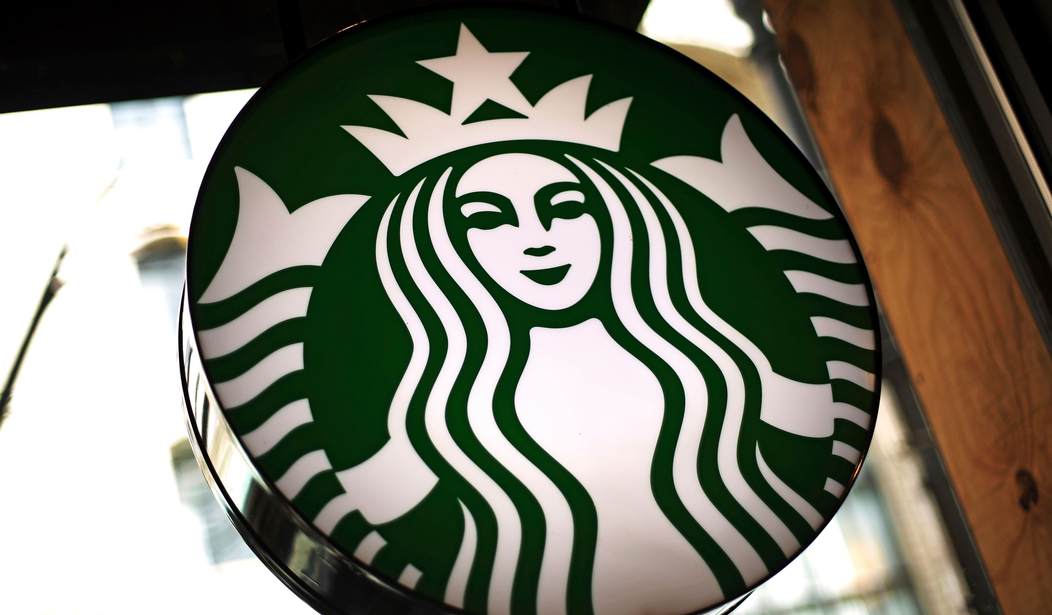The Supreme Court has just made it much harder for the National Labor Relations Board (NLRB) to win court orders if they suspect a company is interfering in unionization campaigns.
The case grew out of a labor action in 2022 by a Starbucks in Tennessee that resulted in the company firing seven employees. The NLRB obtained a court order forcing the company to rehire the workers as the case wound its way through the administrative process.
First, a district court and then a federal appeals court upheld the court order. Starbucks appealed to the Supreme Court.
Starbucks claims it was well within its rights to fire the workers since they invited a TV crew into the store after hours. That might have been a good organizational tactic, but it violated company policy.
The Supreme Court found that "the legal test the district court used to make that decision was too broad and inconsistent with other regional courts," according to the Washington Post.
The ruling was unanimous, which is a rarity in labor cases.
Eight justices supported the majority decision, written by Justice Clarence Thomas, to restrict how courts determine whether to grant relief for unions when companies are accused of violating labor law. Justice Ketanji Brown Jackson wrote a separate opinion concurring with the majority, but dissenting on several portions of the ruling.
Jay Go-Guasch, a spokesperson for Starbucks, said in a statement that the company is “committed to providing everyone who wears the green apron a bridge to a better future.”
“Consistent federal standards are important in ensuring that employees know their rights and consistent labor practices are upheld no matter where in the country they work and live,” Go-Guasch said.
The union representing the unions whined about the decision.
“Working people have so few tools to protect and defend themselves when their employers break the law. That makes today’s ruling by the Supreme Court particularly egregious,” Lynne Fox, president of the union representing Starbucks employees, said. “Regardless of large corporations’ machinations at the Supreme Court, workers are continuing to organize.”
This is curious because Starbucks has pretty much given in to the organizing drives at their stores.
As as the case proceeded, animosity between Workers United and Starbucks began to fade. The two sides announced in February that they would restart talks with the aim of reaching contract agreements this year, and they held their first bargaining session in nearly a year in late April.
Workers at 437 company-owned U.S. Starbucks stores have voted to unionize since late 2021, according to the NLRB, but none of those stores has secured a labor agreement with Starbucks.
Starbucks said it’s pursuing its goal reaching ratified contracts for those stores this year.
Naturally, employers are happy about the effort to rein in the NLRB and restore a semblance of balance to labor-management relations.
Christopher Foster, an attorney who represents employers on labor matters, said, “The perspective of a lot of employers is that there’s been novel changes in the law,” Foster said. “And I think this vindicates the strategy of going to the courts and not accepting the NLRB’s decision in any given matter.”
The NLRB has consistently taken a radical line on labor issues, vastly favoring workers over management and targeting key sectors like franchises and individual companies like Starbucks and McDonald's.
The NLRB has abused its power since Biden entered office. Perhaps now the scales will even out a bit.










Join the conversation as a VIP Member